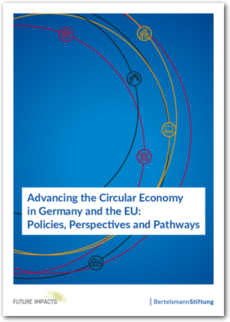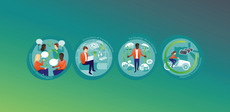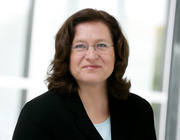Given the diverse interpretations of the circular economy, this paper aims to contribute to the ongoing
discourse on sustainability and the circular economy. It provides an overview of key topics currently shaping discussions in Europe and Germany, focusing on aspects that can accelerate and advance the transition toward circularity. A particular emphasis is placed on enabling factors and key levers that drive this transformation – in other words, identifying actionable needs and opportunities. This paper complements the prevailing regulatory and technocratic perspectives on the circular economy with a potential-oriented, European (and partially global) lens, offering new insights that have so far been underexplored in the German debate.
The paper examines the following key themes:
- The circular economy must move beyondrecycling efforts
- Unlocking the potential of the circular bioeconomy
- Circular business models require radical redesign
- Embedding ethics in the circular economy: from local to global
These themes were identified through a systematic review of relevant publications on the circular economy in Germany and Europe. Details on the methodology and a full list of analyzed sources are provided in the appendix. The core analysis is based on 20 evidencebased publications that either explore various perspectives on the circular economy or focus on specific conceptual approaches. These sources span academic research, think tanks, industry associations and stakeholder networks to ensure a broad representation of viewpoints. Each chapter of the paper delves into one of the key themes, discussing major debates, future challenges and critical levers for change identified
in the reviewed literature and beyond. The cross-cutting theme of digitalization is examined
across all four areas. The conclusion synthesizes key takeaways, particularly those most relevant
for Germany’s circular economy transition.





